The Gülenist Terror Group (FETÖ) has called the United States home since its late leader, Fetullah Gülen, moved there permanently decades ago. The country remains a hub for the group that tried to overthrow the government in 2016 through its infiltrators in the Turkish army.
Security sources say that for years, the group has used its U.S. base to coordinate its policies and operations through various international representations. FETÖ leader Gülen was considered a strategic asset for American interests, according to sources. Testimonies from former insiders have also highlighted Gülen’s close connections with intelligence agencies.
One of the most prominent figures associated with FETÖ in the U.S. is former NBA player Enes Kanter. After becoming a U.S. citizen in 2022 and legally changing his surname to “Freedom,” Kanter has demonstrated strong loyalty to his adopted country, engaging in political advocacy even more vigorously than his basketball career.
According to sources, Kanter maintains frequent and regular contact with foreign intelligence agencies. These agencies are said to guide his public statements, travels and advocacy efforts. His criticism of Türkiye and outreach to governments such as those in Greece and Israel are cited as examples of this coordination.
Even Kanter’s daily agenda is reportedly influenced by these intelligence contacts. Described as a “honorary son” of childless, unmarried Gülen, Kanter’s network within FETÖ in Europe and his internal organizational efforts are allegedly being leveraged by foreign agencies for various strategic purposes.
Another figure reportedly in regular contact with intelligence agencies is Ekrem Dumanlı, the former editor-in-chief of the now-defunct Zaman newspaper. A senior member of FETÖ’s Executive Council, Dumanlı is reportedly responsible for providing updates on the group’s internal situation and issuing directives on future media strategies, particularly following Gülen’s death. Kanter and Dumanlı are not alone. Several other individuals tied to the organization, including family members of the civilians accused of coordinating the July 15, 2016, coup attempt, along with fugitive military and police personnel, are also alleged to be in collaboration with foreign intelligence services.
Among those named are Şerif Ali Tekalan, Cevdet Türkyolu, Mehmet Kalyoncu, Adem Yavuz Arslan, Hamdullah Öztürk, Emre Uslu, Cevheri Güven, Abdullah Bozkurt, Ismail Kokuroğlu, Mehmet Dağcı, Turgay Karagöz, Şaban Ali Özel, Mevlüt Hilmi Çınar and Özcan Aytuluner.
Currently led by its Executive Council, FETÖ remains a key tool for various foreign intelligence agencies. However, internal power struggles continue to plague the group’s leadership. These tensions have reportedly allowed intelligence services to exert direct influence over decision-making and organizational restructuring. Sources suggest further changes within the leadership may soon be initiated by foreign actors. The group’s presence in the U.S. is said to have evolved into a structure centered entirely around foreign intelligence interests.

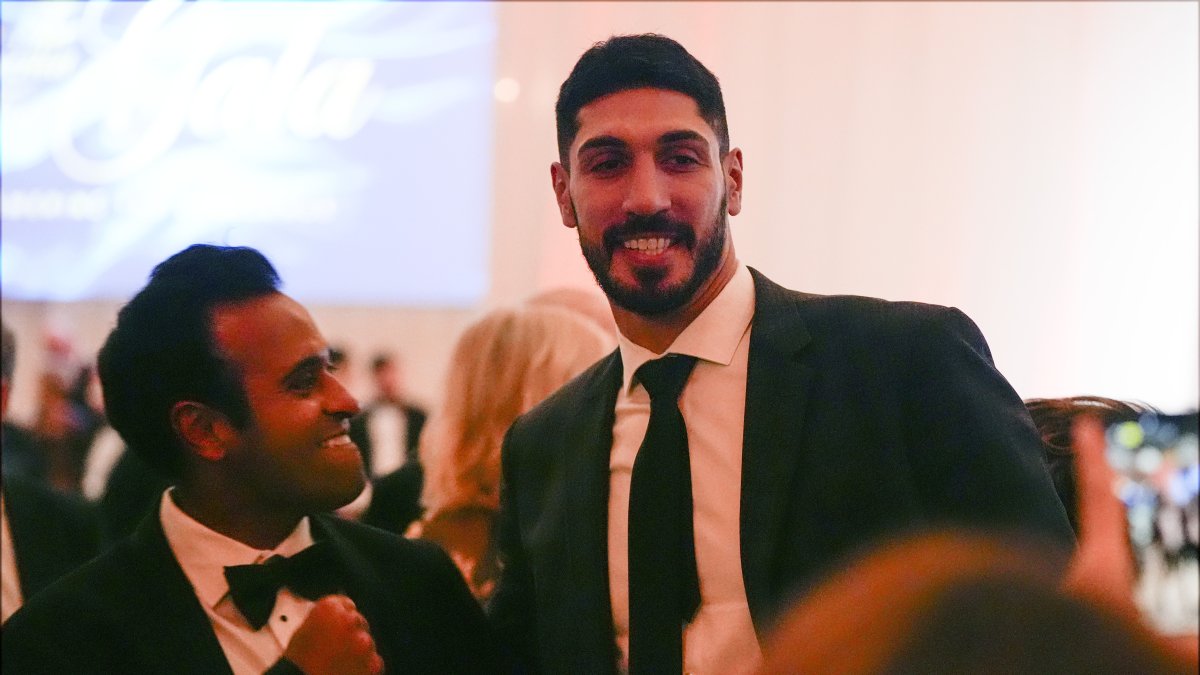

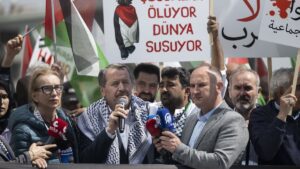

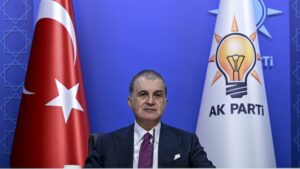
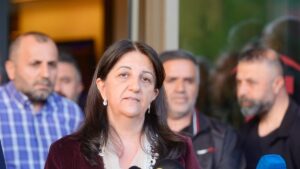

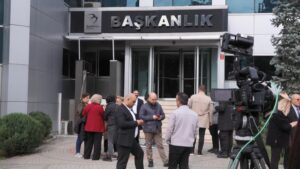
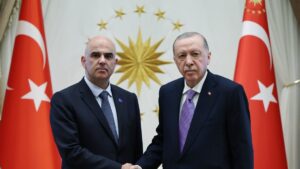
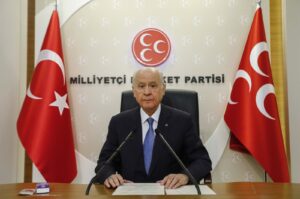
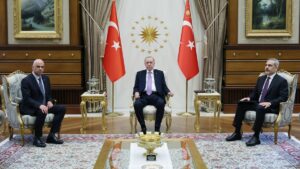
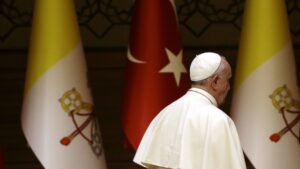
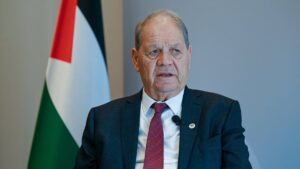


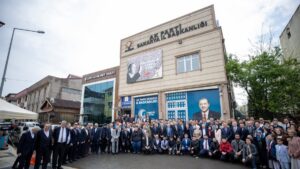

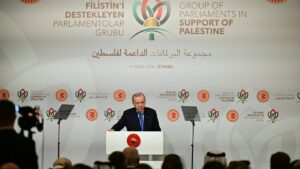
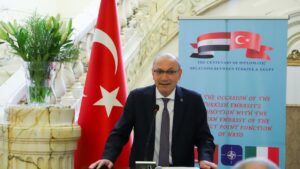
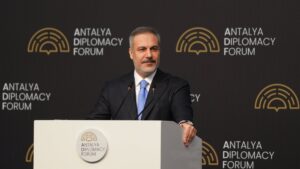

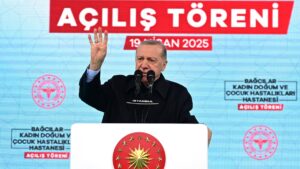

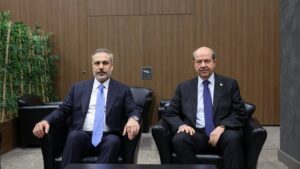
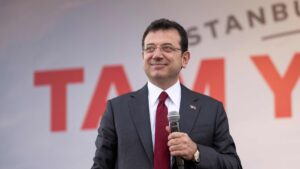

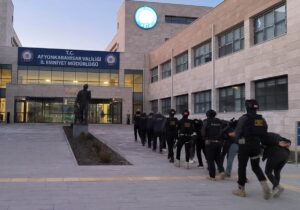
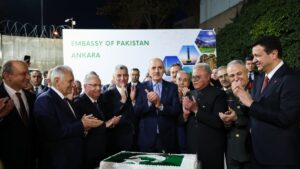
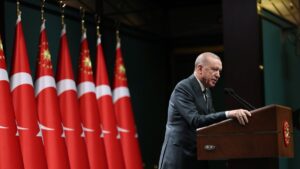

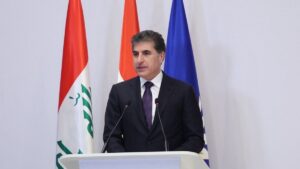
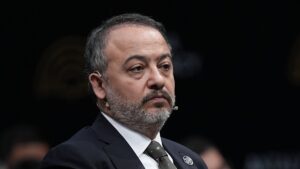
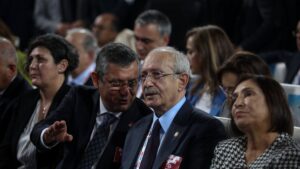

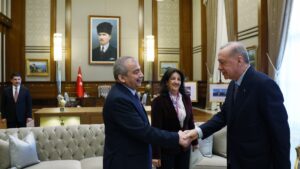
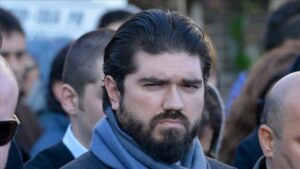
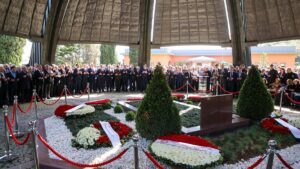
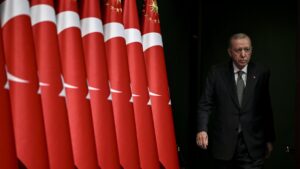
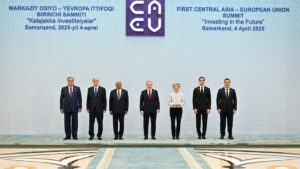
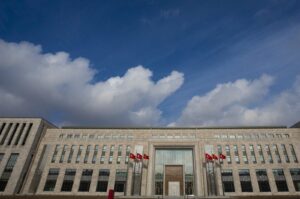

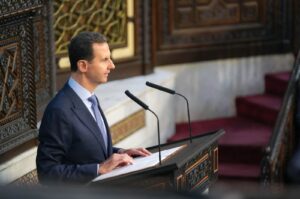


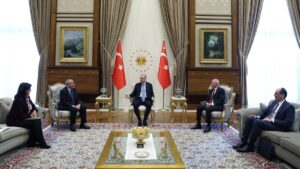
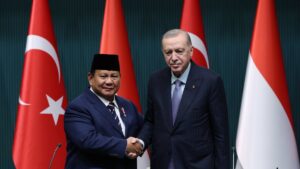
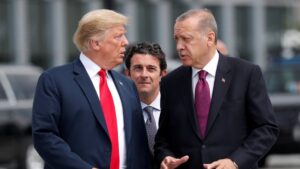
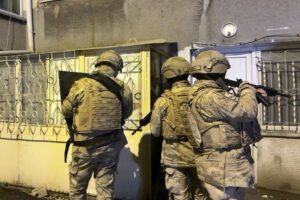
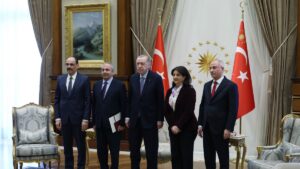

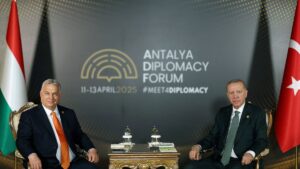
Be First to Comment